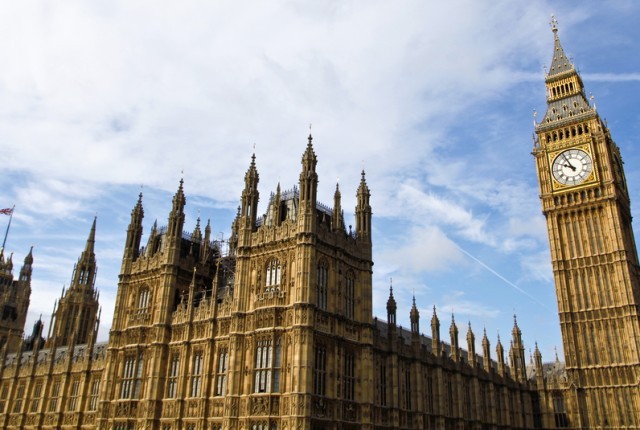

Autumn Budget 2025
PUBLISHED ON: 26/11/2025
Key information from the Autumn Budget 2025
UK growth, inflation and debt
- The Office for Budget Responsibility (OBR) predicts the UK economy to see growth of 1.5% this year, raised from the 1% it issued in March
- Inflation is forecast to average 3.5% over the year, then falling to 2.5% in the following year, before settling back at the government’s 2% target in 2027
Personal taxation
- Thresholds for National Insurance (NI) and income tax will stay frozen for an additional three years beyond 2028, pulling more people into higher brackets over time
- Those under 65 are capped at placing £12,000 of their allowance into cash Isas (Individual Savings Accounts), with the remaining portion of the £20,000 limit reserved for investments
- Basic and higher income tax rates on property, savings and dividend earnings to rise by 2 percent
Wages, benefits and pensions
- From April, the cap preventing households on universal credit or child tax credit from receiving support for a third or later child will be removed.
- The legal minimum wage for over-21s will increase by 4.1% in April, moving from £12.21 to £12.71 per hour
- Pay for those aged 18–20 will increase 8.5%, rising from £10 to £10.85 per hour as part of the shift towards a single adult rate
- Both the basic and new state pension set to increase by 4.8% from April, surpassing current inflation, under the “triple lock” policy
- Individuals contributing to pensions via salary sacrifice schemes will begin paying NI on contributions above £2,000 annually starting in 2029.
- The Help to Save programme, providing bonuses on savings to those receiving universal credit, will be expanded and extended beyond 2027
Housing and Property
- Properties in England valued at over £2m will face a new council tax premium of £2,500–£7,500, following the revaluation of properties in bands F, G and H
Have Any Questions?
Qualified Team Available
Related Articles

18/12/2025 Read More
The Bank of England has announced that base rates have been cut to 3.75%.

20/10/2025 Read More
MAF Finance Group has been awarded Asset Finance Broker of the Year in the Leasing Foundation's Going Further Awards 2025.

01/10/2025 Read More
New asset finance business sees 3% growth in July 2025.
